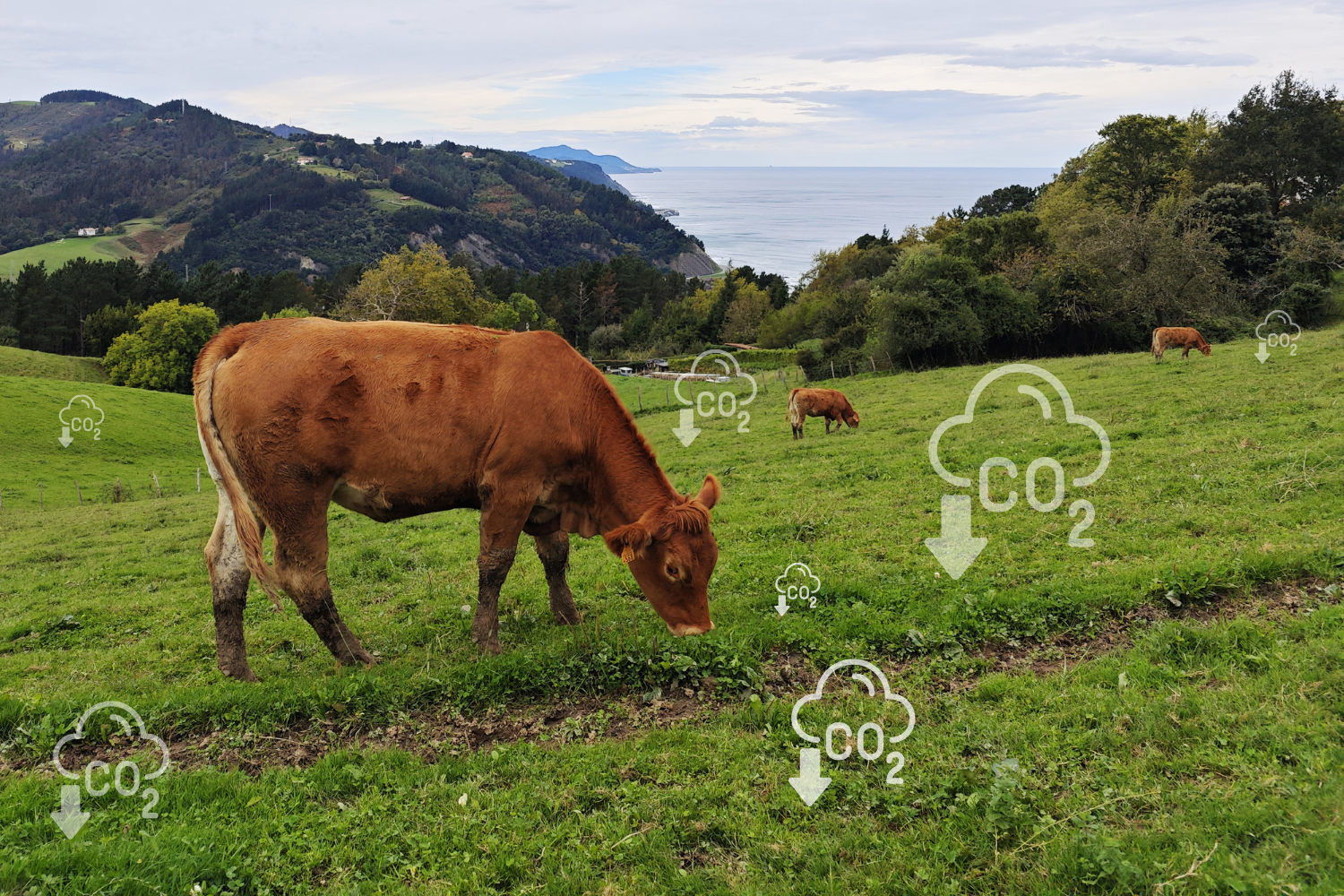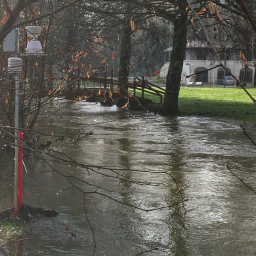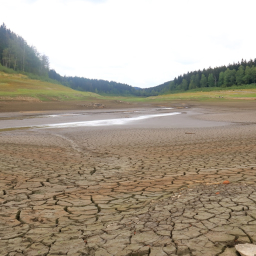NEW
Advanced metrics to optimise sustainability in the beef sector
19 August 2025
- At NEIKER, we participate in the SECUESVAC project, which integrates emissions analysis and carbon sequestration in soils to provide a more accurate view of the climate impact of this livestock sector.
The battle against climate change has prompted the beef industry to tackle the challenge of reducing its environmental impact without compromising its competitiveness. However, the public debate on greenhouse gas emissions in livestock farming, which has focused mainly on methane, has overshadowed an essential part of the climate balance: the ability of soils to sequester carbon. This omission has made it difficult to fully assess the role that livestock farms play in mitigating climate change.
With the aim of bridging this gap and providing a more accurate picture of the climate impact of beef cattle, NEIKER is participating in the SECUESVAC project, which seeks to rigorously quantify net carbon emissions on livestock farms, integrating both direct emissions and the capacity of soils to sequester carbon through appropriate agronomic practices.
This approach, which goes beyond traditional approaches focused solely on emissions, not only allows for more accurate measurement of the climate footprint of beef cattle, but also identifies specific opportunities for reduction, thereby supporting technical decision-making on farms.
Led by PROVACUNO, the project involves the direct participation of various leading associations and cooperatives, which collaborate in obtaining samples and disseminating the results among professionals in the sector. In this regard, at NEIKER, as a technology centre specialising in agricultural sustainability and climate change, we are leading the technical and scientific development of the project, taking charge of experimental design, soil sample collection and analysis, model development and validation of the tools that will be made available to the sector.
To achieve this, SECUESVAC starts with a detailed diagnosis of different representative beef production systems in Spain, analysing management practices that have a positive impact on increasing organic carbon in the soil. Based on this assessment, work is carried out to identify good agronomic management practices that contribute to maximising carbon sequestration in pasture and crop soils. This scientific basis will guide farmers’ decisions and enable progress towards more environmentally efficient management.
An open and practical tool
One of the most significant results of the project will be the development of a digital calculation tool designed specifically for beef cattle and adapted to the management systems and soil types prevalent in Spain. ‘This solution will enable the joint calculation of emissions generated and carbon sequestered, thus providing a much more realistic net carbon balance than that provided by current models, which focus exclusively on emissions,’ explains Óscar Del Hierro, a researcher in the Natural Resource Conservation Department at NEIKER.
Thanks to this tool, based on data collected in the field, livestock farmers will be able to understand the climate impact of their activity and simulate the effect of different management practices—such as incorporating hedges, grazing management, or manure management—on their carbon footprint. This will enable them to plan more sustainable strategies tailored to their specific conditions, with solid technical and scientific support.
Furthermore, ‘having this data available can provide a competitive advantage in markets where sustainability is becoming increasingly important, and facilitate access to potential financial compensation for adopting practices that contribute to climate change mitigation,’ says the researcher.
Knowledge transfer to the sector
Since its inception in May 2024, SECUESVAC has been structured as a participatory project, in which cooperatives, associations, and organisations in the sector are involved in both data collection and the transfer of the knowledge generated. This collaborative network enables the development of a comprehensive dissemination plan, combining face-to-face workshops, online training, technical materials and pilot tests on real farms, with the aim of ensuring that the results are communicated clearly and practically to those who need to apply them.
Along with tools and best practices, the initiative will help lay the groundwork for developing standardised protocols for measuring carbon in soils, as well as for designing public policies that reflect the reality of beef cattle farming in Spain.






